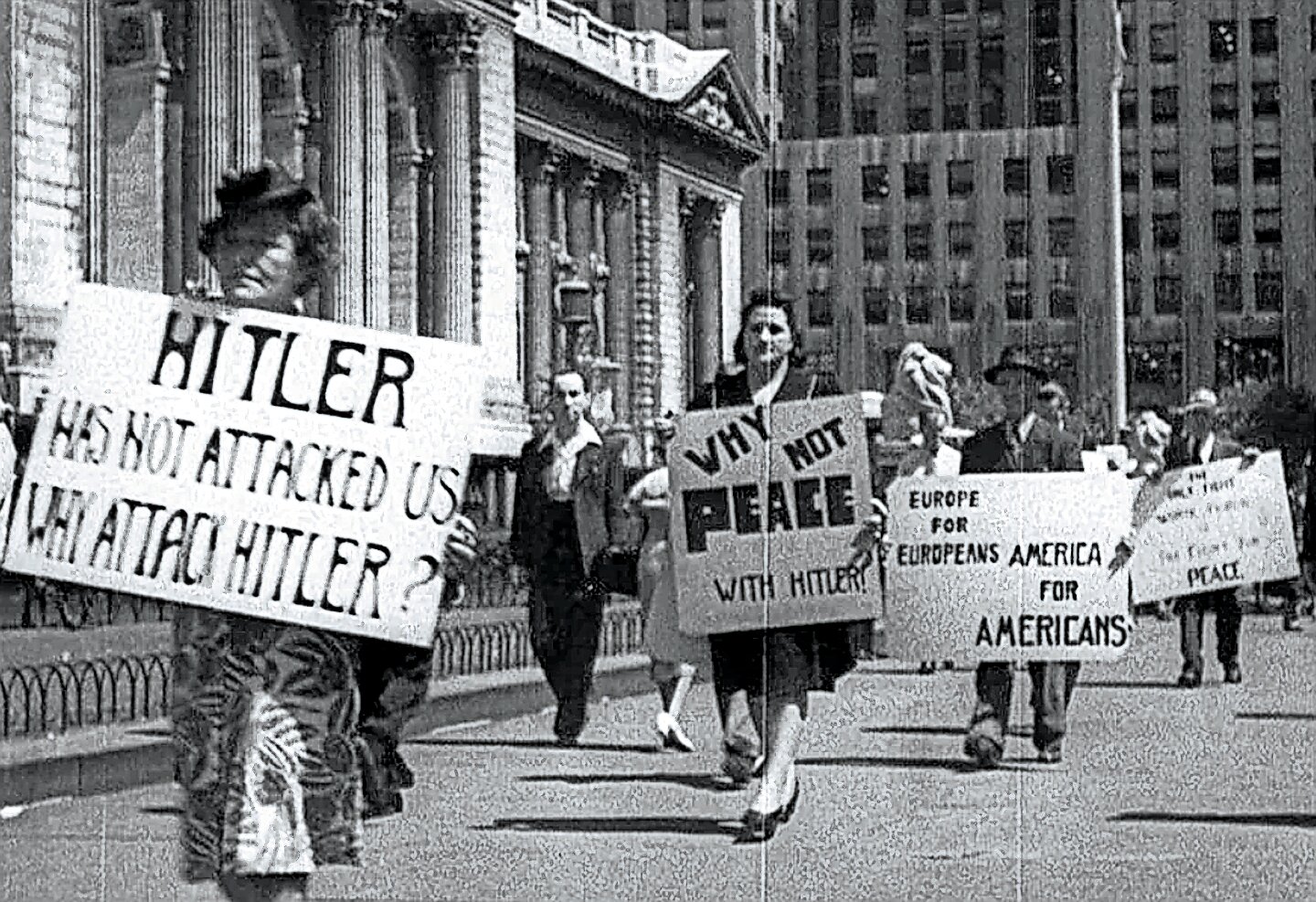We should have learned more from history
Looking back at history, we often see what appear to have been clearly defined periods, eras or growths of movements. Some good or entertaining, like the Roaring Twenties and the Jazz Age. Some revolutionary, like the turbulent 1960s. Others absolutely evil, like the Winds of War, the growth of Nazism in the 1930s that led inevitably to the horrors of World War II and the Holocaust.
Our general impression is that people living during those times realized, or were in some way aware of, the uniqueness of the challenges and transformations going on around them. My reading of history, however, is that for the most part — whether it be everyday people, intellectuals or world leaders — there was little realization during those years that the world as they knew it was that much different from what had come before.
Until it was. Or that tragedy lay ahead. Until it was too late.
I remember when I was in college in the 1960s, doing research papers on events that occurred in the ’20s and ’30s and noting how different the contemporary accounts of those years and events were from the histories written decades later. In the ’20s there was the Manassa Mauler (Jack Dempsey), the Sultan of Swat (Babe Ruth) and the Four Horsemen of Notre Dame for boxing, baseball and college football aficionados. And for those who enjoyed the nightlife, there were the speakeasies, the Cotton Club, in Harlem, and the Charleston.
But when you read the newspapers and periodicals from those years, there is little if any recognition of the uniqueness of the time as an era, like the “era of wonderful nonsense,” as the ’20s were later dubbed.
• • •
Similarly, in the 1930s, there was the media coverage of Hitler’s election in Germany, perhaps describing him as heavy-handed, but certainly nothing like the monster he would become (and actually already was).
While there would be increasing concern over the growing repression of Jews in Germany, that awareness was nothing like what it should have been. And Hitler’s annexation of the Sudetenland was met by British Prime Minister Neville Chamberlain appeasing Hitler with hope of “peace in our time.”
All this was ignored by too many America Firsters who chose to be isolationists. And then there was Pearl Harbor, the Axis of Evil and World War II.
The 1960s began with President John F. Kennedy and his New Frontier, hailing America’s greatness and pledging to “support any friend, oppose any foe,” before America slowly but inexorably edged throughout the second half of the decade into a maelstrom of out-of-control campus demonstrations, flag-burning, Woodstock, the Age of Aquarius and what grew into a permanent drug culture subset.
What will future historians say about today’s myriad crises and cultural challenges? Russia invading Ukraine, and threatening the European order that has prevailed for almost eight decades. China dramatically expanding its military, threatening Taiwan and spreading its economic power and influence throughout the world. Israeli being horrifically attacked by Iran’s proxy, Hamas, followed by thousands of pro-Hamas, antisemitic demonstrators marching in the streets of New York, occupying college campuses across the country and threatening Jewish students at those colleges.
America’s response to these challenges?
More Democrats turning against Israel’s government. More Republicans becoming isolationist and turning against Ukraine. More American businesses increasing their dealings with China. College presidents negotiating with pro-Hamas, antisemitic students illegally taking over campuses.
Are we blind? Has history taught us nothing, and are we forcing ourselves to relive the worst days of history? G-d help us all.

 62.0°,
Partly Cloudy
62.0°,
Partly Cloudy 





